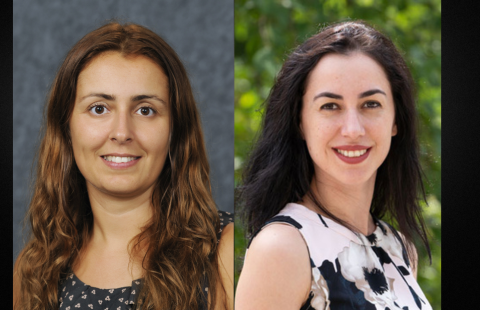
Can machine learning help the public better judge the reliability of health news they read? According to recent research by UNH professors Ermira Zifla and Burcu Eke Rubini, the answer is yes.
The Study and Its Findings
Zifla and Rubini, assistant professors of decision sciences at the UNH Peter T. Paul College of Business and Economics, found that machine learning models outperformed laypeople in evaluating the quality of health news stories. Their work, published in Decision Support Systems, tackles the complex challenge of determining the reliability of news that doesn't fall into the clear-cut category of fake news but may not tell the whole story.
"The way most people think about fake news is something that's completely fabricated, but, especially in healthcare, it doesn't need to be fake. It could be that maybe they're not mentioning something," Zifla says.
The Research Approach
The researchers utilized a data set from Health News Review, which included:
- News stories and press releases on new healthcare treatments from 2013 to 2018
- Evaluations by healthcare experts based on 10 different criteria
They then:
- Developed an algorithm based on the expert criteria
- Trained machine learning models to classify each aspect of the news stories
- Compared the model's performance against layperson evaluations
Key Findings and Implications
- The machine learning models outperformed laypeople in assessing news quality
- Layperson evaluations revealed an "optimism bias," with most participants rating articles as satisfactory
- The researchers suggest social media companies could use similar models to create digital nudges, helping consumers assess health news stories
Conclusion
This research offers a promising approach to addressing the complexities of health news evaluation. As Zifla concludes, "This is a very difficult challenge. We hope to start a conversation about evaluating news based on multiple criteria. I can't emphasize enough that we should move away from the binary thinking fake news or not fake news."
Read more about their research in the Boston Globe and UNH Today.